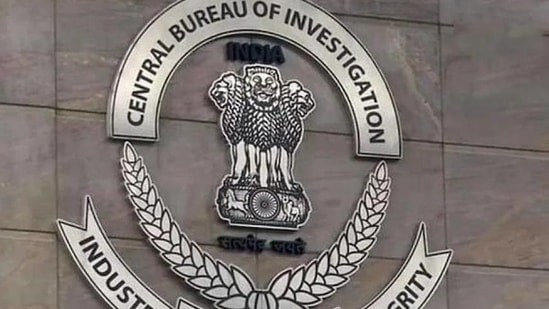CBI Uncovers International Cyber Scam Operating from Pune Residential Apartments; Three Arrested in Multi-City Raids

CBI Uncovers International Cyber Scam Operating from Pune Residential Apartments; Three Arrested in Multi-City Raids
In a significant breakthrough against international cyber fraud, the Central Bureau of Investigation (CBI) has dismantled a major phishing syndicate operating from upscale apartments in Pune, arresting three individuals linked to a scam targeting U.S. citizens. The syndicate is believed to have raked in nearly ₹3–4 crore through sophisticated phishing operations and voice-over-IP (VoIP) spoofing techniques.
The CBI’s crackdown began on Thursday and extended into Friday, spanning coordinated raids across seven locations in Pune and Mumbai. The raids led to the seizure of a vast array of digital devices and other suspicious items.
CBI has busted a large-scale cyber fraud and financial crime syndicate operating out of Pune and Mumbai, targeting foreign nationals particularly U.S. citizens through impersonation, phishing calls, and financial deception, 3 arrested@fpjindia @CBIHeadquarters #cybercrime
— Somen Sharma (@s_somen) July 25, 2025
Among the items recovered were 27 mobile phones, 17 laptops, and a total of ₹1.60 lakh in unaccounted cash. In addition, over 150 grams of a suspected narcotic substance was found during the operation.
The agency arrested Amit Dube, Tarun Shenai, and Gonsalves Savio, all believed to be key operatives in the cyber network. The trio was produced before a special CBI court in Mumbai and has been remanded to CBI custody until July 30 for further investigation, including identifying additional accomplices.
One of the accused was found to have cryptocurrency holdings valued at ₹6.94 lakh, and a separate search at another suspect’s residence led to the recovery of ₹9.60 lakh in unexplained cash.
The scam, according to the agency, had been running since January 2025, under the guise of a legal call centre operating out of various residential apartments in Pune. These call centres primarily targeted foreign nationals—especially those in the United States—through deceptive phone calls made using VoIP technologies.
A CBI spokesperson explained that “the workers employed in these centres were paid in cash routed through hawala networks from both within India—including states like Maharashtra and Gujarat—and from abroad.” They further added that these workers were accommodated in multiple rented flats in Pune to avoid detection.
The syndicate made use of communication platforms like WhatsApp and Signal to access contact leads sold by anonymous vendors. The fraudsters then contacted their targets using toll-free numbers provided by these vendors, posing as officials from various U.S. and Indian authorities.
The CBI revealed, “they would impersonate representatives of U.S. government agencies such as the Internal Revenue Service (IRS) or the U.S. Citizenship and Immigration Services (USCIS), and sometimes even claimed to be from Indian consulates. Victims were threatened with legal action and coerced into transferring between $500 and $3,000 through gift cards or cryptocurrency.”
Investigators also suspect that certain unidentified officials from both public and private sector banks played a role in facilitating the scam. The accused allegedly used forged Know Your Customer (KYC) documents to open fake bank accounts, sidestepping Reserve Bank of India (RBI) norms and internal compliance procedures.
According to preliminary findings, “the fraudulently acquired funds, estimated at ₹3–4 crore per month, were funneled through mule accounts, cryptocurrency transactions, and traditional hawala networks.”
The CBI’s probe is still ongoing, with investigators now working to uncover the wider network of accomplices—including insiders within the banking system—who may have aided the scam’s operations. With evidence pointing toward a highly organized and well-funded cybercrime ring, officials believe this bust is just the tip of the iceberg.











